Switzerland loses two mandates as protecting power
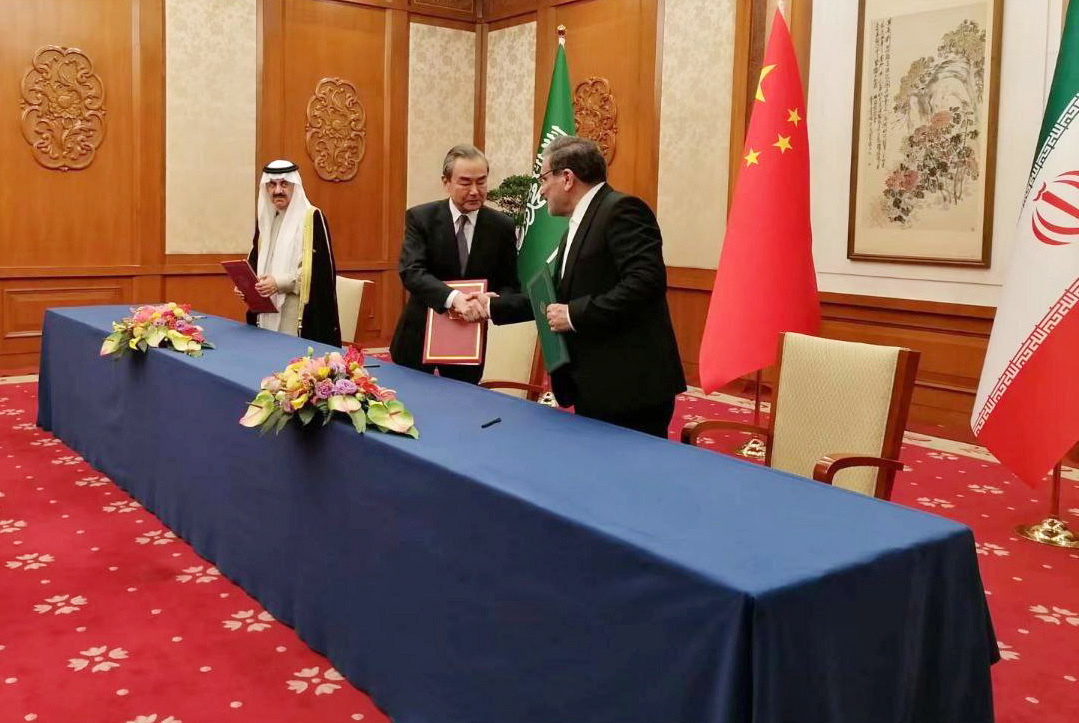
The rapprochement between Iran and Saudi Arabia heralds a reduced role for Switzerland in the region. Meanwhile, China’s success in mediating between the two countries has come as a surprise to many.
It was good news from a part of the world plagued by conflict. In the Middle East, the regional powers of Saudi Arabia and Iran are drawing closer again. From now on, Riyadh and Tehran want to settle their differences directly. They have agreed to reopen their respective embassies within two months.
Before that, relations between the two nations were frozen. Riyadh severed all ties with Tehran in 2016. Their rivalry also played out in military conflicts in the region, in particular the war in Yemen.
Since they nonetheless wanted to maintain consular services, both countries entrusted Switzerland with a mandate as protecting power in 2017. This came into effect in 2018.
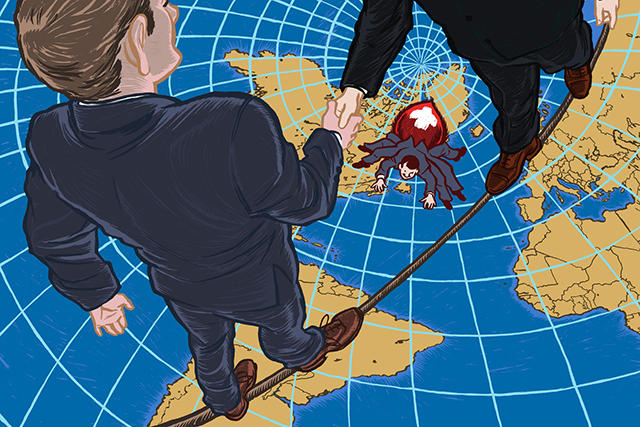
More
Need a diplomatic messenger? Switzerland is eager to help
The two countries regularly negotiated pilgrimages to Mecca through the Swiss representations.
Switzerland on the side-lines
Yet the current breakthrough was mediated by China, where the agreement was also signed. Oman and Iraq were involved, too. Several rounds of talks were held in the Iraqi capital, Baghdad.
Switzerland, meanwhile, was left on the side-lines. The neutral country, which likes to offer its services as a broker of peace on the international stage, was also active in this case – but was not asked for help. “In line with its policy of good offices, Switzerland supported the initiation of dialogue between Saudi Arabia and Iran,” the Swiss Federal Department of Foreign Affairs wrote in response to a request.
Independent Swiss senator Thomas Minder is surprised at the success of Chinese diplomacy. As a member of the foreign affairs committee, he visited the Middle East in 2020 and already then called for Switzerland to play a more proactive role as mediator in the region. He is now asking why Switzerland did not broker the talks. “That’s exactly the kind of job we should be doing,” he says.
In Minder’s view, Switzerland was predestined to play that role, as the protecting power. What is more, it had already established good contacts and was appreciated by both countries as a third party. “It was a missed opportunity,” he regrets, even though he is of course happy about the outcome. For him one thing is clear: “We need a bolder foreign policy. We should seek such tasks more actively.”
‘China carries more weight’
Foreign policy expert Fabian Molina, of the left-wing Social Democratic Party, is also surprised that China was able to untangle the knot. He sees this as a great diplomatic success for a country that, up to now, has hardly distinguished itself as a major diplomatic player. But he is clear on why China succeeded while Switzerland did not. “China carries more weight; we should have no illusions about this,” he says.
Iran, moreover, had been looking for new partners in Asia in recent years, given its political isolation and international criticism.
Molina also points to current changes under way in the region, namely in the relationship of the Arab states to Israel and the gradual return to the diplomatic arena of Syria’s Assad regime. “A new balance is forming, and China wants to position itself,” he notes.
Switzerland has “congratulated the countries on this important step… towards strengthening stability in the region”, the foreign ministry wrote in response to a request for comment.
Dwindling role as protecting power
Swiss Foreign Minister Ignazio Cassis has repeatedly weighed in on discussions about Swiss neutrality with the argument that the country has a special role to play internationally. “The role of diplomacy, of bridge-builder, this is where we can offer added value to all other countries,” Cassis recently told Swiss public television, SRFExternal link.
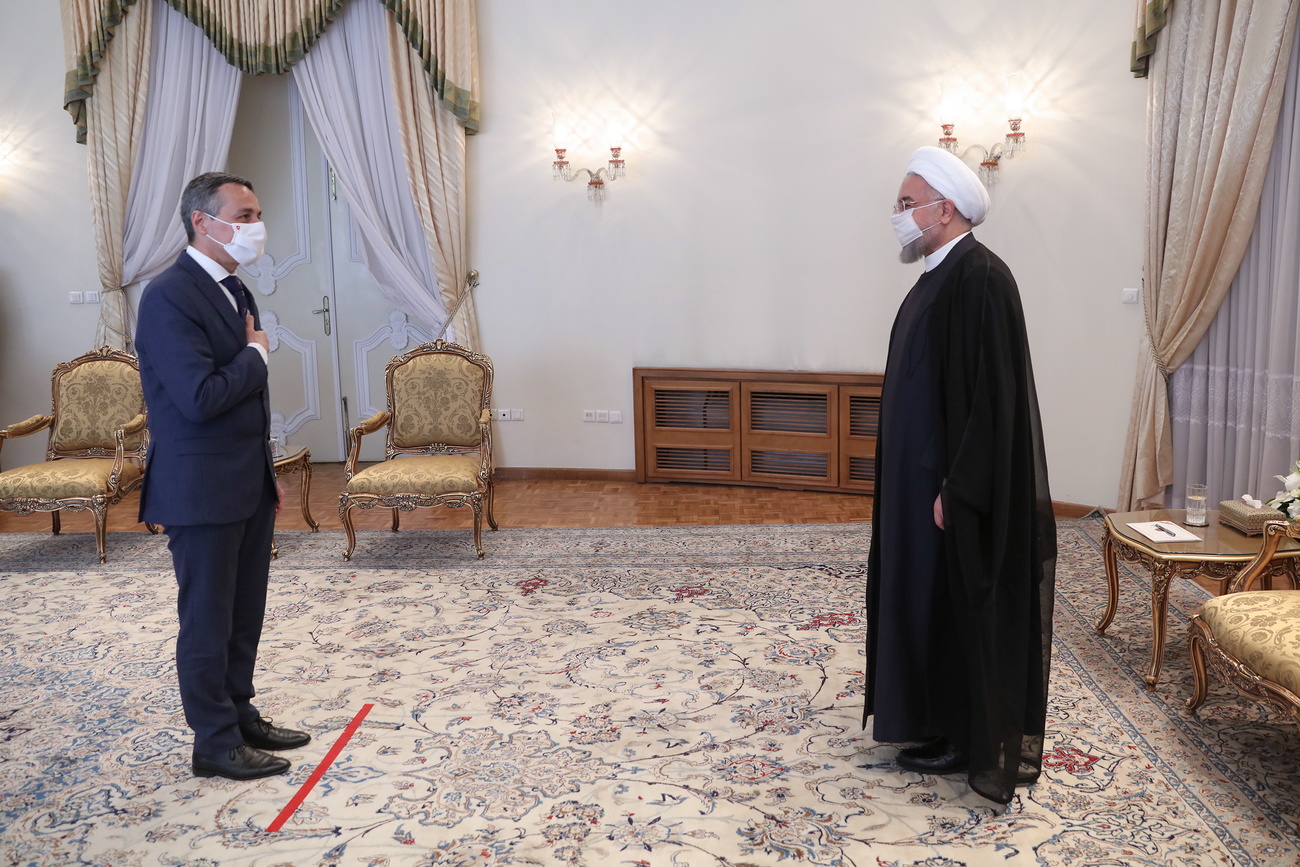
Regarding this special Swiss role and its good offices, the foreign minister has also foughtExternal link a motion by the House of Representatives calling for Switzerland to take a stronger stand against the Iranian regime, in particular by adopting the EU sanctions.
Lately, Switzerland’s offers of its good offices have been snubbed on numerous occasions.
- In March 2022, it sought to organise talks between Ukraine and Russia. Ukraine, however, was hardly interested, and Russia preferred Turkey, where the talks finally took place.
- When it offered to take on protecting-power mandates for Ukraine and Russia, Russia also replied in the negative.
- Equally unsuccessful were intensive Swiss efforts from 2019 to act as a protecting power between the United States and Venezuela. Venezuela ignored the offer.
- According to the Financial Times, Qatar is now conducting the delicate negotiations for the release of Iranian-American hostages – even though Switzerland acts as the protecting power for the two countries.
Switzerland now wants to ensure a smooth handover in Riyadh and Tehran. Specifically, in a case like this, the final phase and its exact timing are discussed jointly and then communicated in writing by the mandate-giver, the Swiss foreign ministry explained.
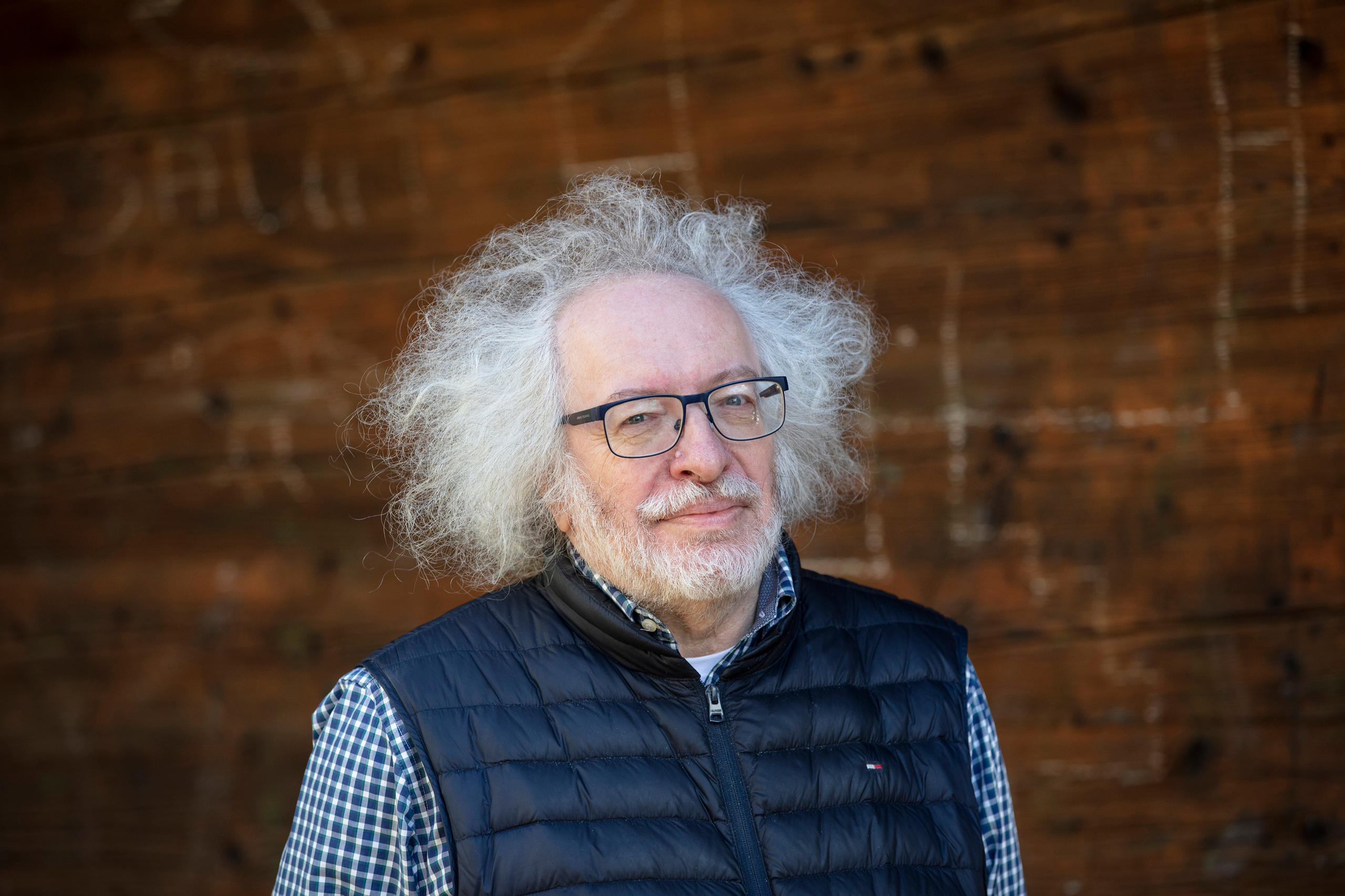
More
‘Switzerland has lost its opportunity to mediate for peace in Ukraine’
After that, Switzerland will still hold five of its current seven protective-power mandates. But if Russia manages to further expand its influence in Georgia, Swiss mandates for these countries may also come to an end in the medium term.
Foreign-policy expert Fabian Molina puts the situation in a nutshell. “Protecting-power mandates have their function and justification; but if they are no longer needed this is actually a good sign.”
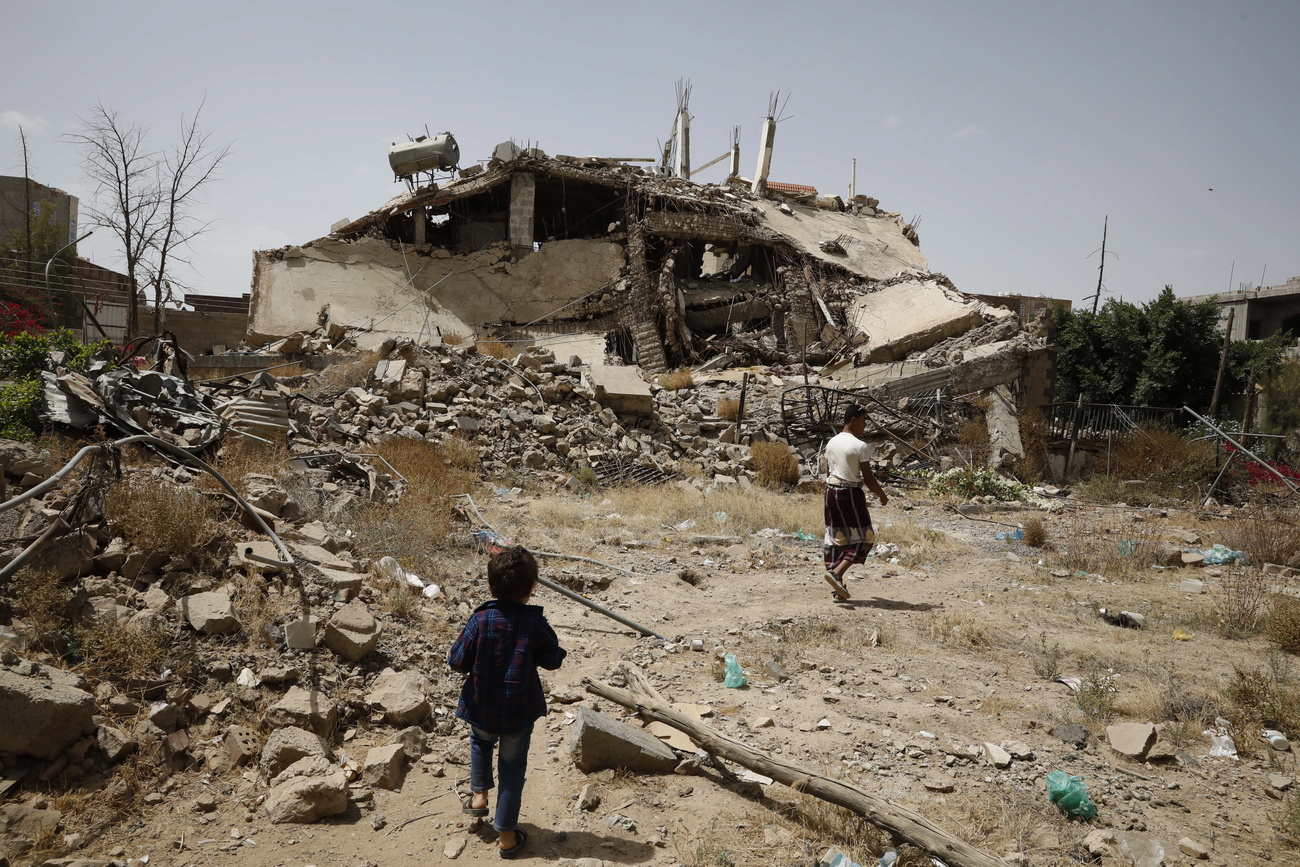

In compliance with the JTI standards
More: SWI swissinfo.ch certified by the Journalism Trust Initiative
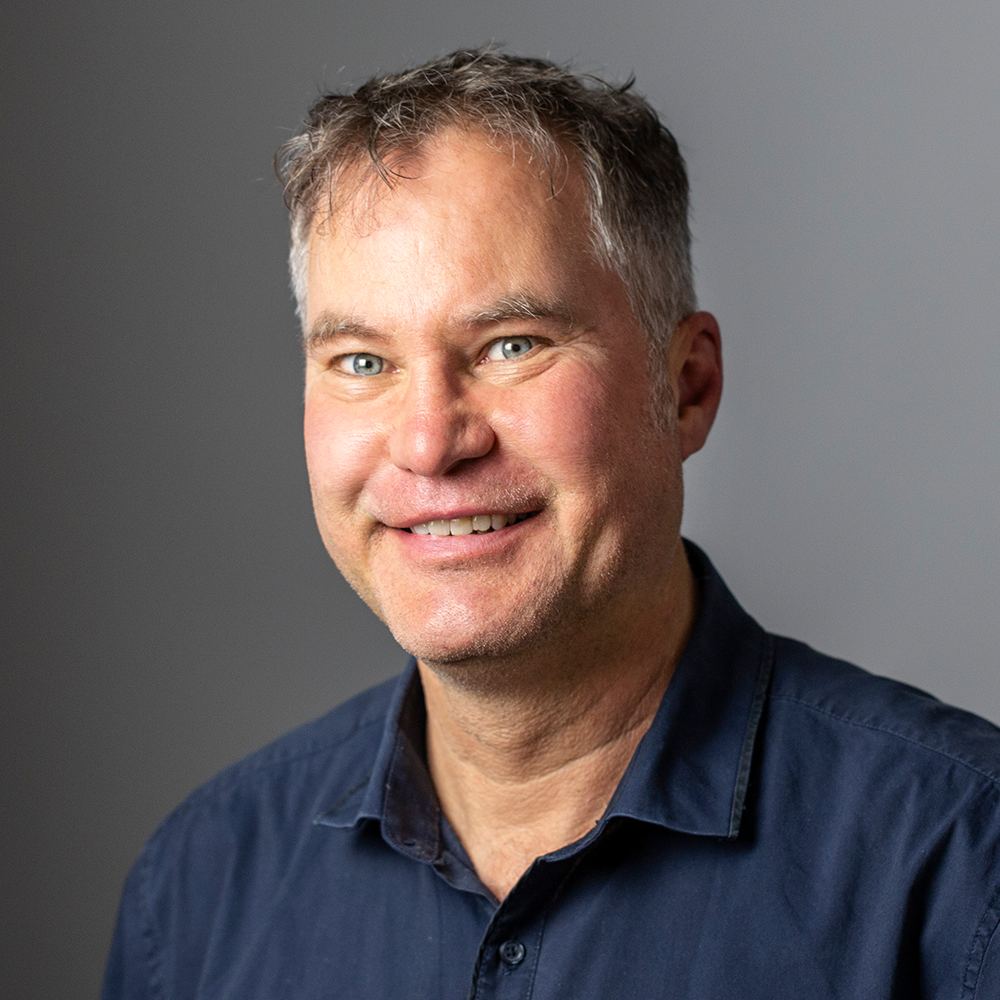
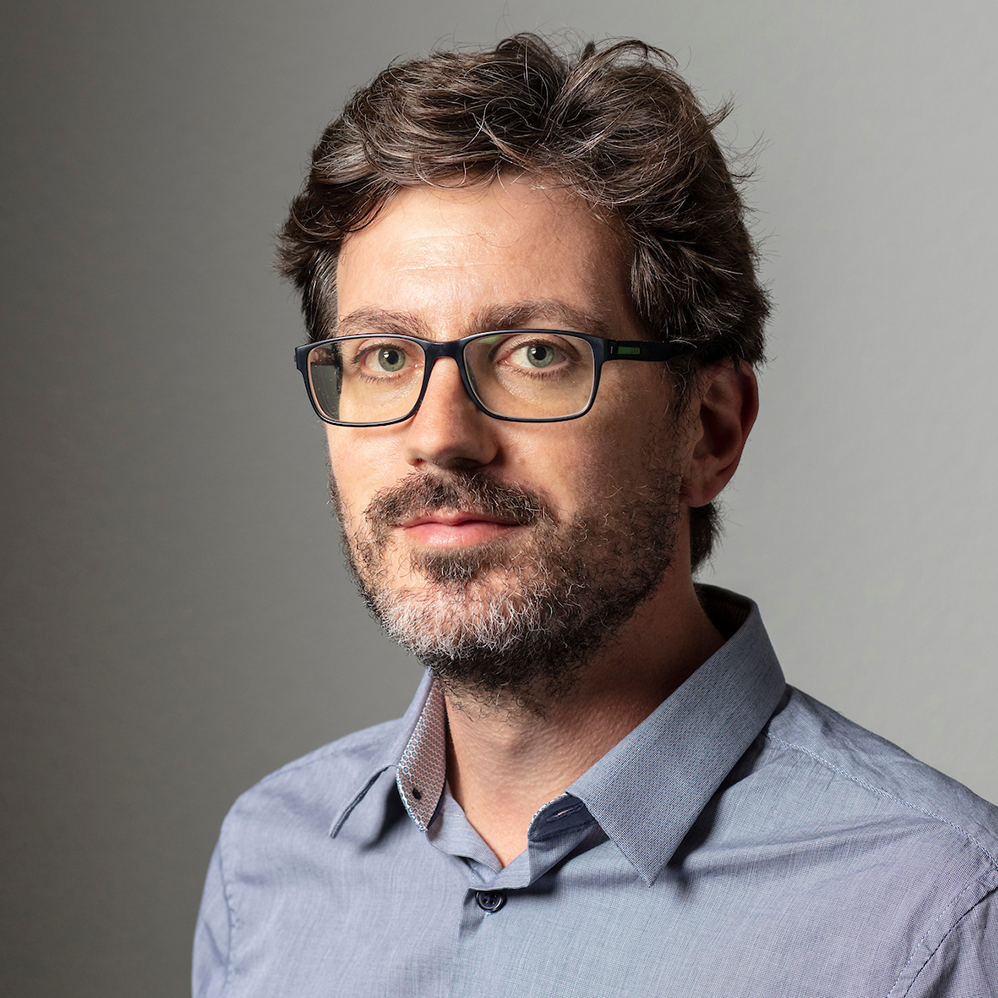
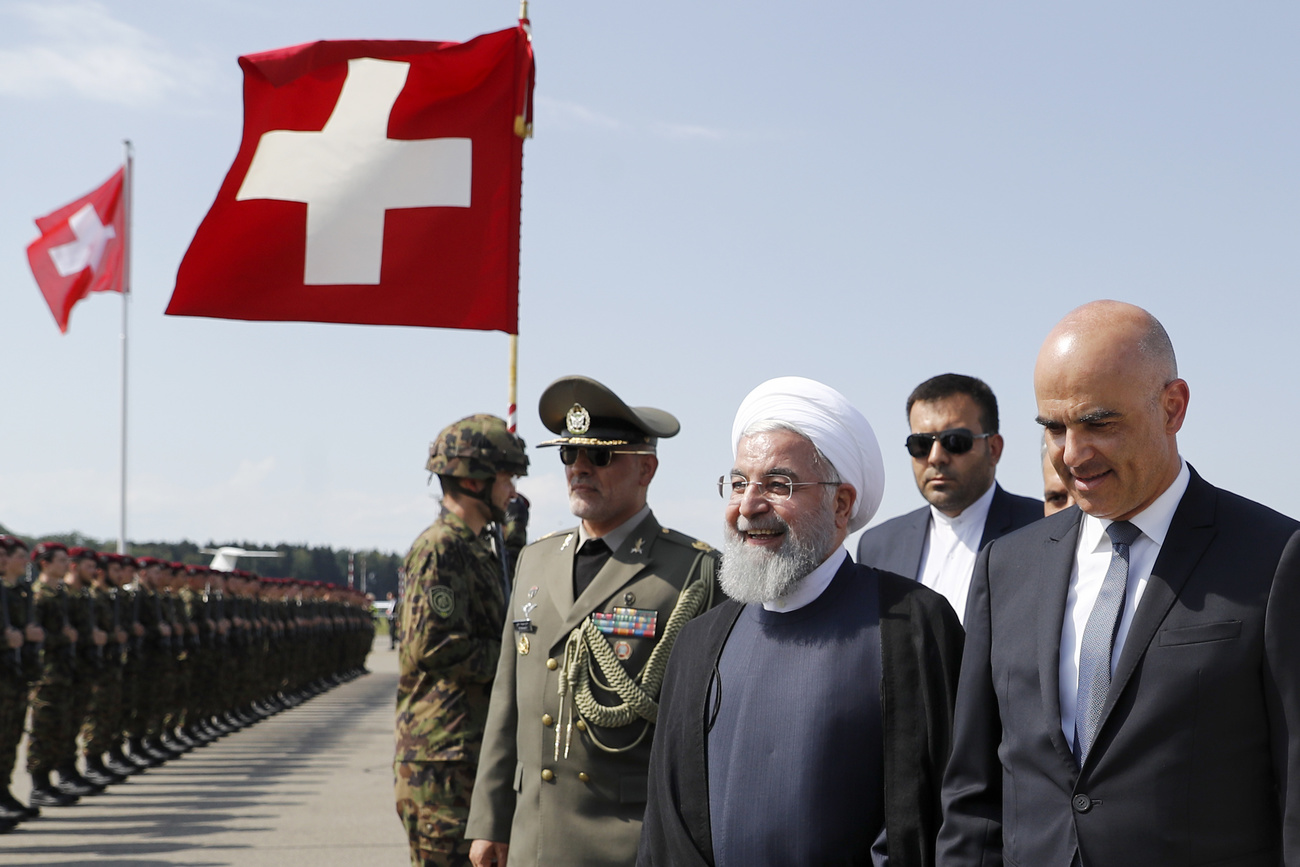
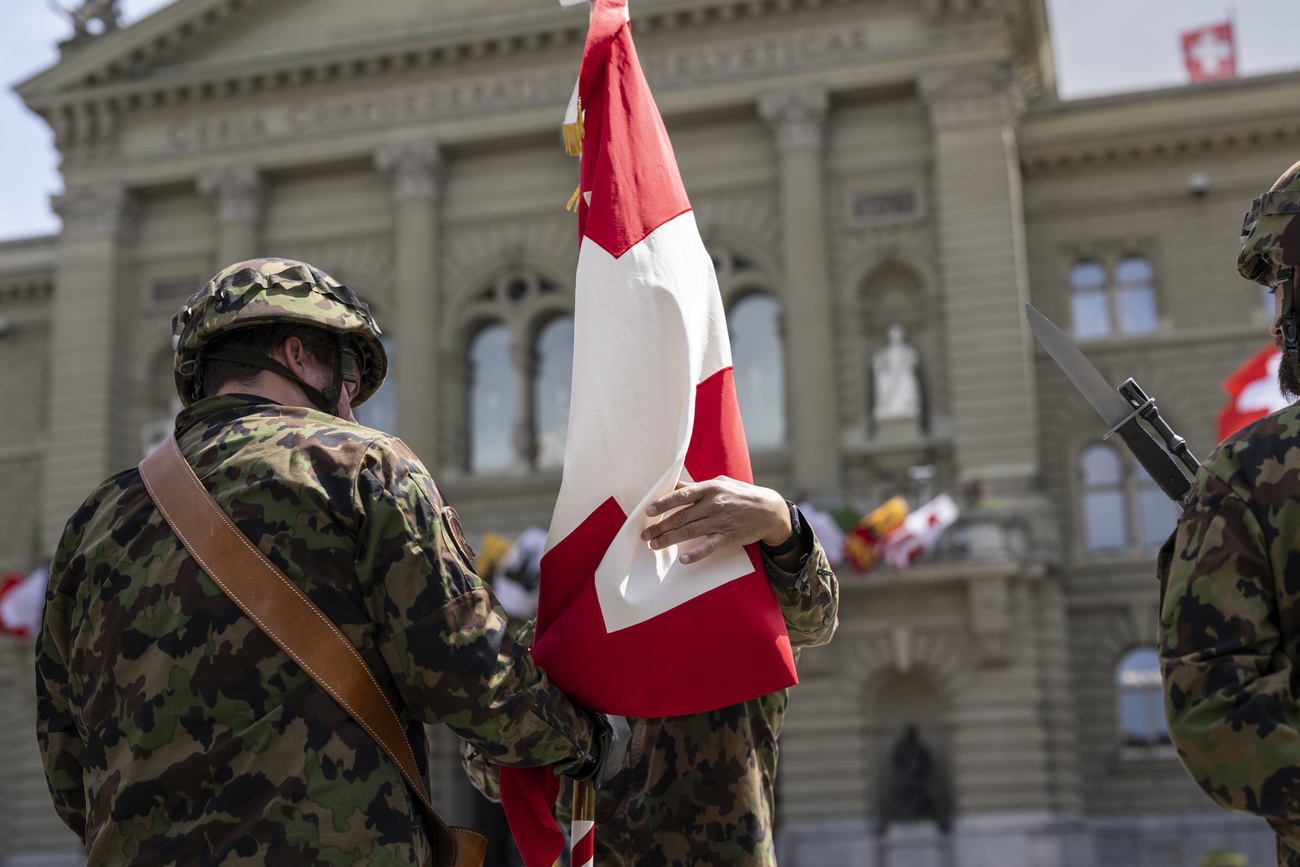
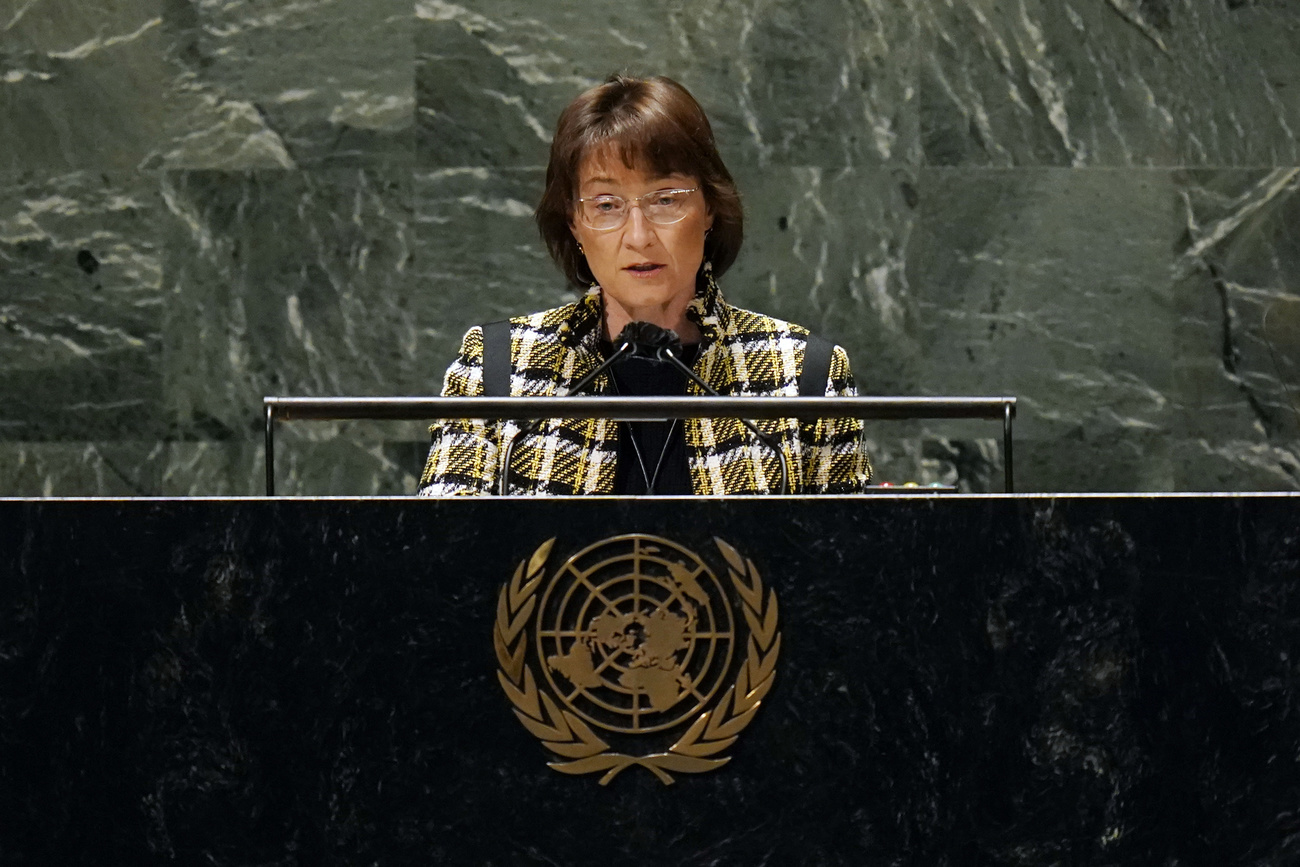
You can find an overview of ongoing debates with our journalists here. Please join us!
If you want to start a conversation about a topic raised in this article or want to report factual errors, email us at english@swissinfo.ch.